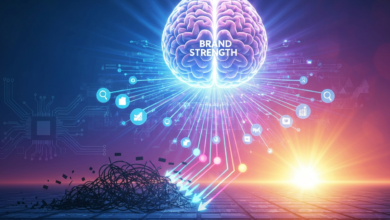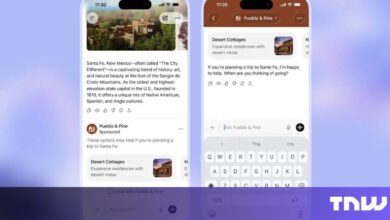AI Slashes Knowledge Costs – Universities Must Adapt

▼ Summary
– Traditional universities operated on the scarcity of knowledge, offering credentials that signaled mastery and justified high tuition and wage premiums.
– The rise of AI has shifted the knowledge supply curve, reducing the value of traditional degrees as information becomes more accessible and cheaper.
– Employers are adjusting by reducing degree requirements and repricing labor, as AI substitutes for routine tasks previously done by graduates.
– Skills like critical thinking, emotional intelligence, and creativity are now the scarce resources, as they complement rather than compete with AI.
– Universities must pivot by focusing on teaching judgment, collaboration, and ethical reasoning, or risk becoming obsolete in the changing market.
The traditional university model built on knowledge scarcity is undergoing a seismic shift as artificial intelligence reshapes the economics of education. For decades, institutions operated on the principle that expertise was hard to acquire, students paid tuition to access lectures, complete assignments, and earn credentials that signaled their mastery. This system thrived because high-quality information was limited, keeping both tuition costs and graduate wage premiums elevated.
AI is rewriting these rules by driving the marginal cost of knowledge production toward zero. Generative tools now explain, summarize, and draft with remarkable accuracy, collapsing the value proposition of rote learning. McKinsey estimates AI could inject up to $4.4 trillion annually into global productivity, a transformation already reflected in labor markets. Since ChatGPT’s launch, entry-level job postings in the UK have dropped by a third, while US states like Maryland have slashed degree requirements for 15% of government roles. Employers recognize that for routine tasks, AI offers a cheaper alternative to human graduates.
Not all knowledge depreciates equally, however. Research by economists David Autor and Daron Acemoglu reveals a critical divide:
- Codifiable skills (tax preparation, contract drafting) face rapid displacement by automation
- Tacit abilities (team leadership, ethical decision-making) become more valuable as AI complements
Labor market data confirms this. Lightcast reports that employer skill demands shifted by a third between 2021-2024, with mid-level knowledge workers most vulnerable. The enduring differentiators? Human capabilities that machines can’t replicate, critical thinking, emotional intelligence, and creative problem-solving. Nobel laureate Herbert Simon foresaw this decades ago: when information floods the market, attention and judgment become the true scarce resources.
Forward-thinking universities are responding with four strategic pivots:
- Redesigning assessments to evaluate synthesis and judgment rather than recall, if AI aces the test, the exam needs reinvention
- Investing in experiential learning through coached projects and ethical simulations where students wield AI as a tool
- Credentialing human strengths with micro-certifications in collaboration, adaptability, and initiative
- Partnering with industry through collaborative design studios, blending academic rigor with real-world challenges
The new imperative is clear: transition from content delivery to capability cultivation. Institutions that continue pricing knowledge as a scarce commodity risk obsolescence. The winning strategy teaches students to work alongside intelligent machines while amplifying irreplaceably human skills. As the break-even point for traditional education models passes, adaptation isn’t optional, it’s existential.
(Source: The Conversation)





